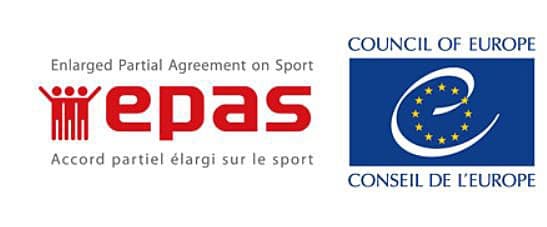The Consultative Committee of the Enlarged Partial Agreement on Sport under the Council of Europe expresses its concern over the sudden closure of the United Nations Office for Sport Development & Peace, which since the beginning of the century has played an important role as catalyst, adviser and advocate for a wide global group of stakeholders committed to strengthening the role of sport in society.
Given that this decision is very recent and very little information has been given to make a balanced assessment of its impact,
The EPAS CC considers nevertheless that this decision might send a problematic message, at a point in time where the awareness about the societal role of sport is growing in general, and where in particular the UN, several governments and numerous organisations from civil society is wishing to focus on how sport can contribute to achieving the 2030 Sustainable Development Goals (SDG).
The members of the EPAS CC remain committed to the continuation of the work and initiatives developed by UNOSDP and encourage future policies to be defined through a wide collaborative effort among stakeholders in upholding and protecting the role of sport in society.
On behalf of the Consultative Committee, gathered in Limassol, Cyprus, 9 May 2017
Jens Sejer Andersen
Chair
International director, Play the Game
+45 20 71 07 01
—-
The Consultative Committee comprises 25 international NGO’s and institutions in the sports field. As a partnership body, it provides advice for the 38 countries that are members of the Enlarged Partial Agreement on Sport under the Council of Europe.
EPAS provides a platform for intergovernmental sports co-operation between the public authorities of its member states. It also encourages dialogue between public authorities, sports federations and NGOs. This contributes to better governance, with the aim of making sport healthier and fairer and ensuring that it conforms to high ethical standards.

